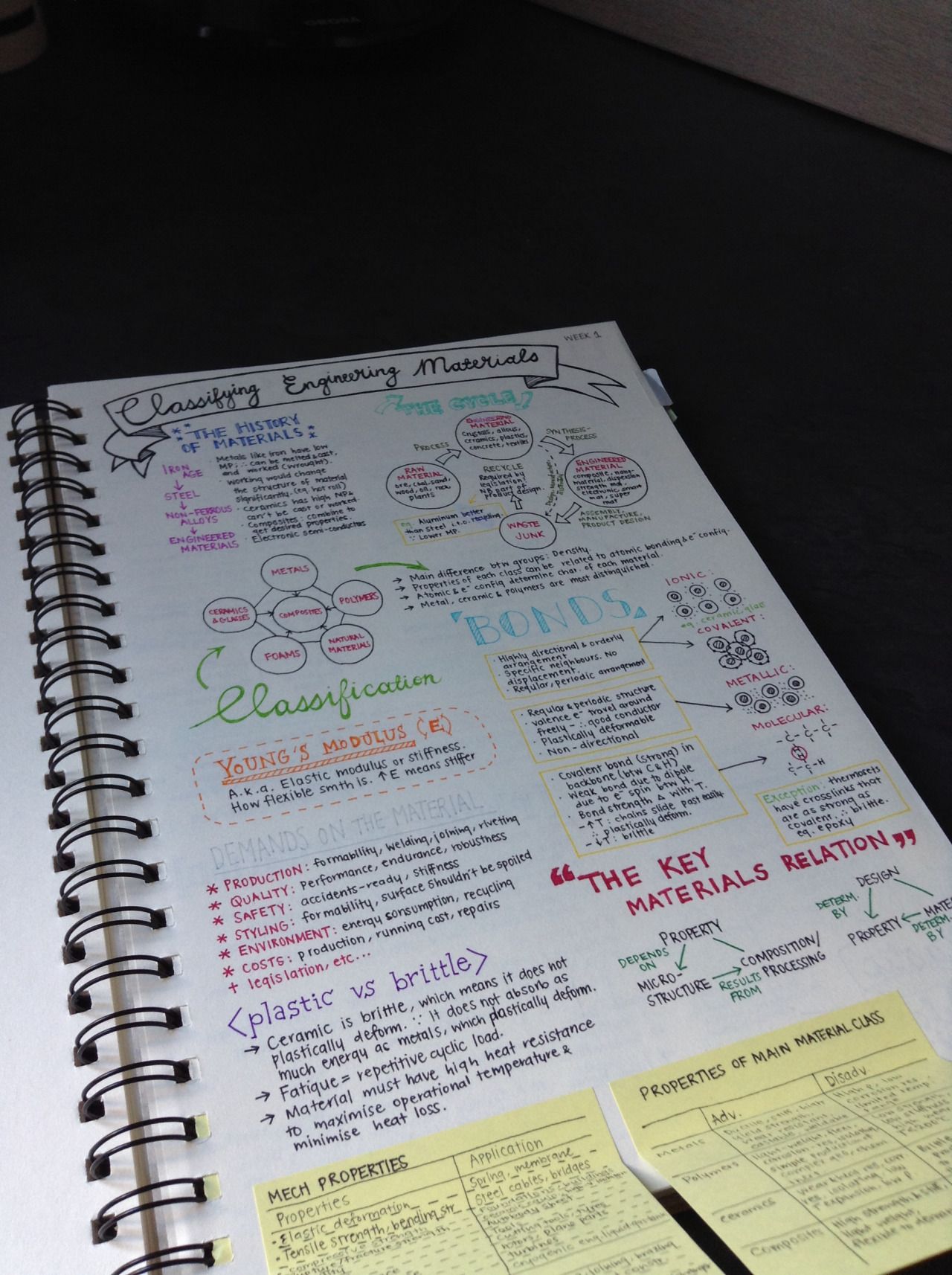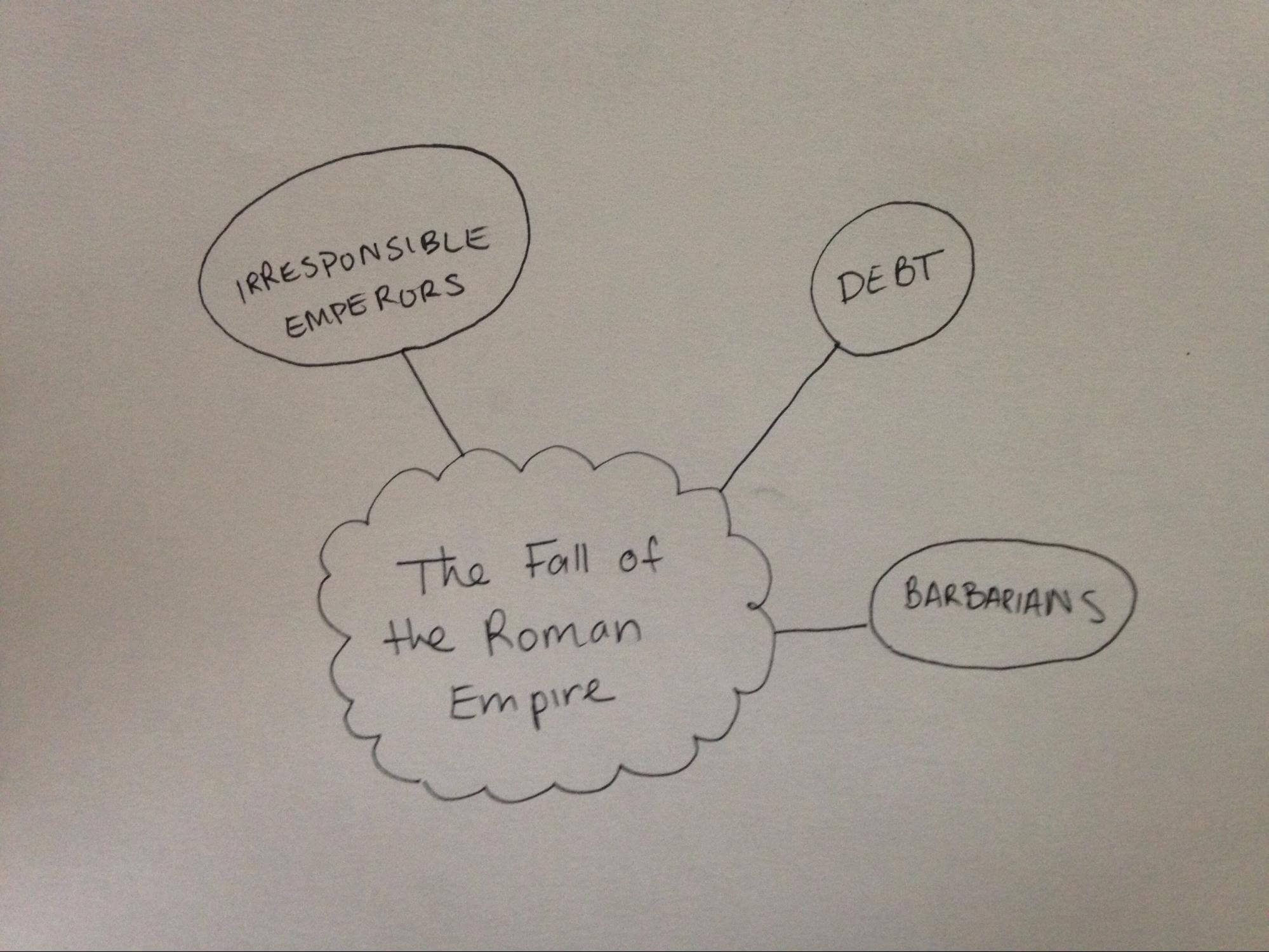

However, remember that you will be assessed in English and, therefore, it will usually be the case that it is best to use English. If one word in your native tongue accurately describes the links between ideas better than a word in English use your native tongue. If you understand something better in your native language write that down. However, the research shows that this is not always the most helpful thing to do.

What if English is your second language? Some people think that you should always write your notes in English. Setting a key idea to a favourite song tune can be very helpful. With practice you will find an approach that suits you, and do be prepared to experiment Some people find it useful to draw pictures, create diagrams or make up rhymes to remember things. So, do what is helpful for you in a way that works for you. Sometimes you will be asked to make notes to be assessed but usually they are for your own use. Because they cover all you need to know (or they should do), and reflect the care and thought you put in to understanding the material (they should do this too), your notes are your most important support when you come to exam preparation.įinally, always think about why you are making notes, and if you are not sure, ask! Research shows that the more you understand why you are doing something the more you learn from it. Good notes really come into their own when you need to revise for a test or exam. It's much easier to remember inter-connected ideas, and having a good framework makes it easier to slot in new information later on. Making good notes emphasises relationships: important idea / subsidiary idea key fact / minor example cause / effect. We learn best when we can see how the information fits together. Note making is a key part of the process of learning. If you want to learn things you need to use them. It does not work like a recording device. The brain is like a muscle it needs to be used. The brain also remembers information when it uses information. Making good notes helps you develop and understand connections.

If you are preparing for examinations you need to know some things but most of the marks you can gain are from using information and analysing it. Note-making is just as much about showing how information is ordered and connected as it is about just writing down loads of facts. What is important? What is a sub-point? What's the evidence? Is this relevant? Note taking should be a process of using information and making links, not just copying things down on auto-pilot.

Making notes should be an active process, involving you in thinking about the material. If we do not make a record that can remind us of the links between things we will forget them. Research shows we forget nearly 50% of things we experience within an hour and about two-thirds within a day. There are lots of things only humans can do, for example clap in time with a group of others. The human brain is brilliant and amazing. But just as important, the act of making good notes should help you understand the information better, and finally, good notes provide a framework for future work. One is that it provides you with a record to help you remember later on. Making good notes serves several purposes.


 0 kommentar(er)
0 kommentar(er)
